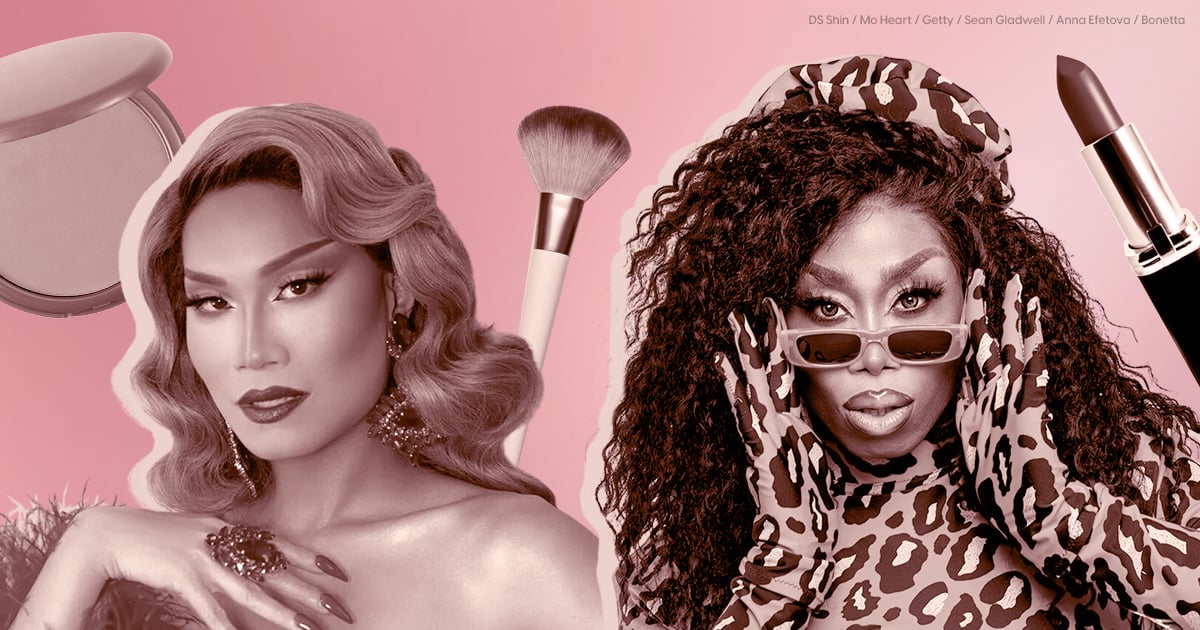TOM UTLEY: Some teachers command respect. All I could hope for was to be called ‘Sir’ not ‘Muttley’
During my brief and inglorious career as a teacher, fresh from university half a century ago, the small boys in my charge used to put their hands over their mouths, shake their shoulders and wheeze with laughter whenever they saw me about the school. Call me slow on the uptake, but at first I was mystified.
Then it dawned on me. They were imitating Muttley, the cartoon dog from Wacky Races, which must have been what they called me behind my back (my surname is Utley, you see). Hardly respectful, I’m sure you’ll agree.
But then some people naturally command respect, and some just don’t. Alas, I belonged squarely in the latter category — still do to this day, for that matter — which is what made me decide after less than a year that teaching wasn’t for me.
Others on the staff, blessed with that innate authority which children can instinctively sense, could walk into a classroom and all the boys would fall instantly silent. When I walked in, they took it as their cue for a riot.
Nothing I could say or do had any effect — no threats of detention or instructions to report themselves to the head. With their sixth sense for recognising weakness, they treated me more like an older brother and an equal than a figure to be respected, let alone feared.
TOM UTLEY: Some people naturally command respect, and some just don’t. Alas, I belonged squarely in the latter category (file image)
Indeed, I can remember only one occasion on which a classroom full of noisy ten-year-olds obeyed my command for silence. This was when, in my frustration, I cuffed the nearest child on the back of his head.
As luck would have it, the nearest child in question happened to be the class goody-goody, who always came top in everything and never misbehaved. Had I cuffed one of the miscreants, the riot would have continued.
As it was, the mutineers were so shocked by the injustice I’d done to the only innocent in the room, they slunk back to their desks in nervous silence, fearing they were in the presence of a dangerous lunatic.
(Memo to present-day teachers: in these child-centred days, it’s probably inadvisable to follow my tip on how to restore the discipline essential to learning — unless, that is, you fancy a spell on the dole or behind bars.)
In one way, however — and only one — the boys were obliged to accord me a degree of courtesy. They could call me what they liked behind my back, but when they spoke to me face to face, they had to call me ‘Sir’.
This was only a little thing, I grant you, but it was something. I like to think it helped in a small way to emphasise that in the hierarchy of the school, I ranked above the little brutes.
I may not have made much progress in teaching them Latin, English, French, history, geography or cricket, as I was hired to do. But at least the school’s insistence that they should call male teachers ‘Sir’ and female teachers ‘Miss’ introduced them to the basics of good manners.
This week, we learned that even this time-honoured convention is under threat.
Nothing I could say or do had any effect — no threats of detention or instructions to report themselves to the head (file image)
The challenge comes, I’m sorry to say, from the headmaster of a state-funded selective academy set up jointly by my own alma mater, the fee-charging Westminster School, and the Harris Federation.
In a school assembly the other day, James Handscombe told sixth-formers at Harris Westminster that they should no longer address teachers as ‘Sir’ or ‘Miss’, because these titles reinforced ‘cultural misogyny’ and undermined the school’s commitment to a ‘better and more equal world’.
Instead, he said, they should call the staff by their names — ‘Mr Handscombe, Ms Scott, Dr Bladon’. Failing that, they should call them simply ‘Teacher’.
‘I don’t know if you’ve ever reflected on the inequality of the way we refer to our teachers,’ he said, ‘but it’s deeply unequal. I get called “Sir” which, if I’m honest, I don’t find personally objectionable. I imagine Sir Lancelot, without the philandering, or Sir Galahad, without the painfully earnest purity.
‘Meanwhile Ms Scott gets called “Miss”, which is how you refer to a small girl, or an Edwardian shop assistant.’
Magnanimously enough, he conceded: ‘I don’t think any of you are being actively woman-hating when you call “Miss” over for help with chemistry, but we’re all feeding into a view of the world that diminishes women.
‘We can’t expect old men to fix this — they aren’t going to help us, too busy helping themselves — they aren’t going to change this, we’ve got to do it ourselves.’
I’ll leave to one side Mr Handscombe’s gratuitous insult to ‘old men’, though some may regard this as surprisingly sexist and ageist, coming from a man who is clearly anxious to burnish his woke credentials. (Are we males of a certain age really only interested in helping ourselves?)
Then it dawned on me. They were imitating Muttley, the cartoon dog from Wacky Races
I’m not sure, either, why he thinks of the Knights of the Round Table whenever pupils call him ‘Sir’. Does he think of them, too, every time he receives a letter beginning ‘Dear Sir’? I don’t.
Meanwhile, why does he believe that ‘Mr’ is a more equality-friendly title than Sir, when he must surely know it has its roots in the word Master, with all its connotations of hierarchy and — dare I say it? — slave ownership.
As for his suggestion that ‘Teacher’ is a more acceptable form of address, I reckon he’s simply wrong. It sounds plain rude to me, with its echoes of Pink Floyd’s: ‘Hey, teeecha! Leave them kids alone!’
I’m prepared to concede, however, that on his main point — that ‘Sir’ is a more dignified title than ‘Miss’ — Mr Handscombe may be on to something.
Certainly, it wouldn’t surprise me to learn that some female teachers, the young in particular, say they feel belittled by the traditional mode of address.
This is an age, after all, that exalts victimhood — an age in which it’s the height of fashion to take offence where none is intended.
In my role as a peacekeeper, therefore, let me advance a humble suggestion. How about sticking to ‘Sir’ for male teachers, but switching to ‘Ma’am’ (to rhyme with ‘jam’) for the women? If it’s good enough for a Queen, after all, then surely no woman could think it demeaning to her sex — and it’s a whole lot more courteous than ‘Teacher’.
As for agonising about ‘cultural misogyny’, well, I suppose that all head teachers have to do a lot of that these days, if only to keep in with an education blob that seems to care a great deal more about social engineering and equality than passing anything worth knowing on to the young. But I can’t help feeling that teachers have more pressing problems on their hands.
On one point, however, I wholly agree with Mr Handscombe. At the end of his address to the school assembly, he said that rather than going straight home at 4.30pm, and messing around on social media until 9pm, his pupils should stay at school for a couple of hours to make a start on their homework.
I wonder if he would agree with me, in turn, when I say that the essentials of a good teacher are maintaining high expectations of pupils — and enforcing the classroom discipline without which no child has a chance of learning anything.
Ever since my shattering time as a young teacher, I’ve had the greatest respect for those who manage to keep order in rooms full of children whose instinct is to run amok. Male and female alike, they are worthy of the most exalted titles in the book.
As for the many, like me, who lack that gift, I can only suggest, for the sake of the young, that they should take a leaf from my book — and try something else.
Source: Read Full Article





